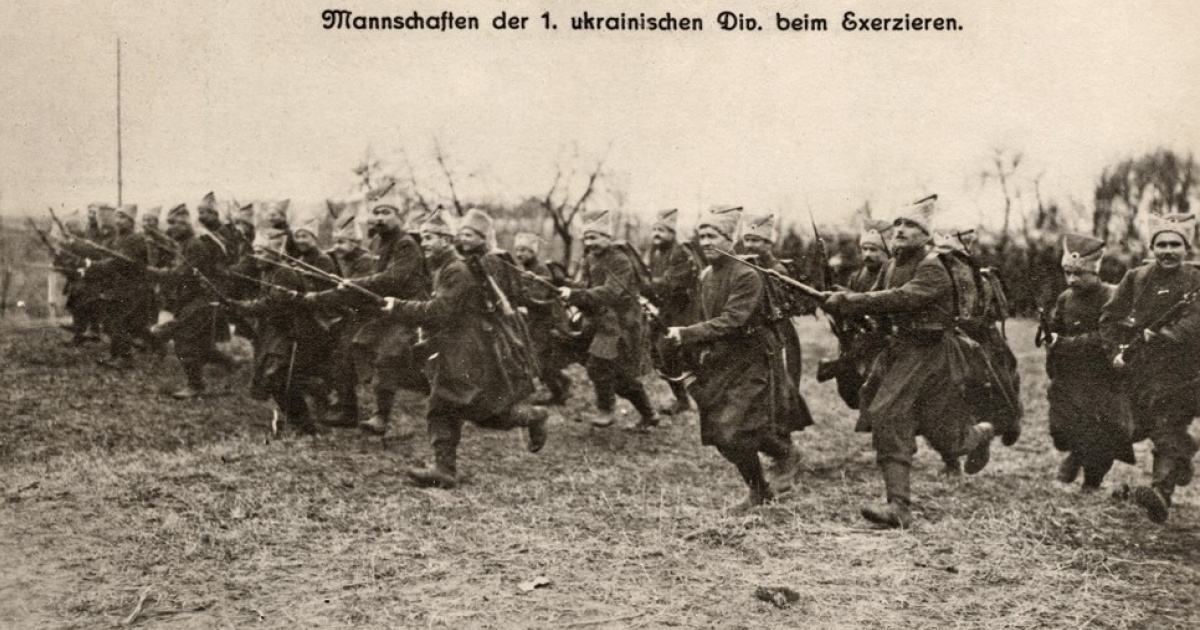State Duma deputy Konstantin Zatulin (United Russia) has proposed to denounce the Treaty on Friendship, Cooperation and Partnership between Russia and Ukraine in regard to the recognition of the countries' borders, - RIA Novosti reports.
The deputy believes that the Treaty is "unilaterally beneficial" to Ukraine. "Because without stipulating the mechanisms of partnership, cooperation and friendship, we recognize the territorial borders of Ukraine in Article 2 of the Treaty, and they are respectively ours — at the time of signing and ratification of the document. That is, when signing the Treaty in 1997 and ratifying it in 1999, Russia confirmed it considered Crimea and Sevastopol part of Ukrainian territory", - Zatulin noted.
According to him, in the 90s, the Russian party actively fought against the provision of the document on borders. "(Representatives of Russia - ed.) said that this cannot be done, that even if we agree to this, we need to stipulate this by much more specific conditions, what is not in the agreement", - the member of parliament states.
"Our interpretation of the Treaty is, of course, related to the subject of the Treaty, that is friendship, cooperation and partnership. So, if there is no friendship, cooperation, and partnership, notionally, there is a reason to say: "All the issues are needed to be addressed again, including those with regard to the borders". Therefore, I, for one, suggest <…> to denounce at least the part of the Treaty, related to Article 2, namely the recognition of borders", — Zatulin said.
The Treaty on Friendship, Cooperation and Partnership between Russia and Ukraine is a fundamental document of Russian-Ukrainian relations. It presupposes a strategic partnership between the two countries, "based on the principles of mutual respect, sovereign equality, territorial integrity, inviolability of borders, peaceful settlement of disputes, non-use of force or threat of force, including economic and other means of pressure".




